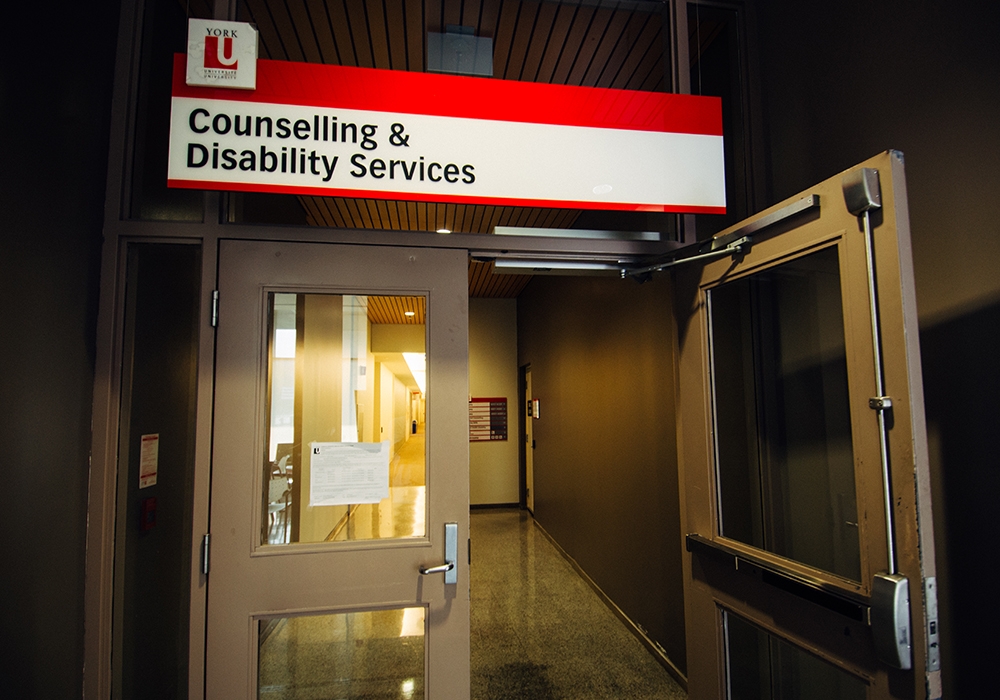Alex Kvaskov, Assistant News Editor
Featured image courtesy of Michael Zusev, Photo Editor
In lieu of in-person psychotherapy, researchers at York are developing a Mindfulness Virtual Community with almost $900,000 in funding and other contributions from the Canadian Institute of Health Research and industry partners.
This funding is part of CIHR’s Youth and Adolescent Mental Health priority area of eHealth Innovation Partnership Program, which was developed by CIHR in collaboration with the Industrial Research Assistance Program.
More students may seek help online as many do not pursue in-person counselling because of the stigma associated with mental health problems, according to the researchers.
Indie Kaur, co-president of Active Minds at York, says she’s pleasantly surprised by the news.
“It’s also good to point out that it will accommodate those who avoid using in-person mental health services due to stigma,” she says.
“However, this is something that we as a community must move forward with. The fact is that stigma will still exist and that is something we must continue to work on eliminating in society so we can be our healthiest in mind and body.”
The MVC is expected to reduce pressures from an overburdened health-care system and cut wait times for help, says Farah Ahmad, professor at the School of Health Policy and Management.
Paul Ritvo, professor at the School of Kinesiology and Health Science, says online mindfulness programs have demonstrated equal mental health benefits to in-person programs.
The researchers intend to conduct a randomized controlled trial, involving 600 students over three semesters. These students will be divided into three groups, with the first using an MVC platform for two weeks. The second will participate in an eight-week, in-person group-based mindfulness program using cognitive behavioural therapy. The third will be placed in a wait-list control group.
The researchers will compare the groups for impact on mental health, engagement, and costs.
While MVC is hypothesized to be similar to group-based mindfulness in terms of the reduction in mental distress, MVC will likely be cheaper. Kaur concurs with this.
“The online community is a solid step toward a mentally healthy campus and I think the research will also support this,” she says.
“However, it must be used in adjunct with in-person services and continued funding of these services must not be overlooked.”
Both methods are meant to complement one another and may be cheaper in combination than traditional psychotherapy, according to the researchers.
Next, the team hopes to conduct a multi-campus, national trial.
Like us on Facebook, @excalweb


